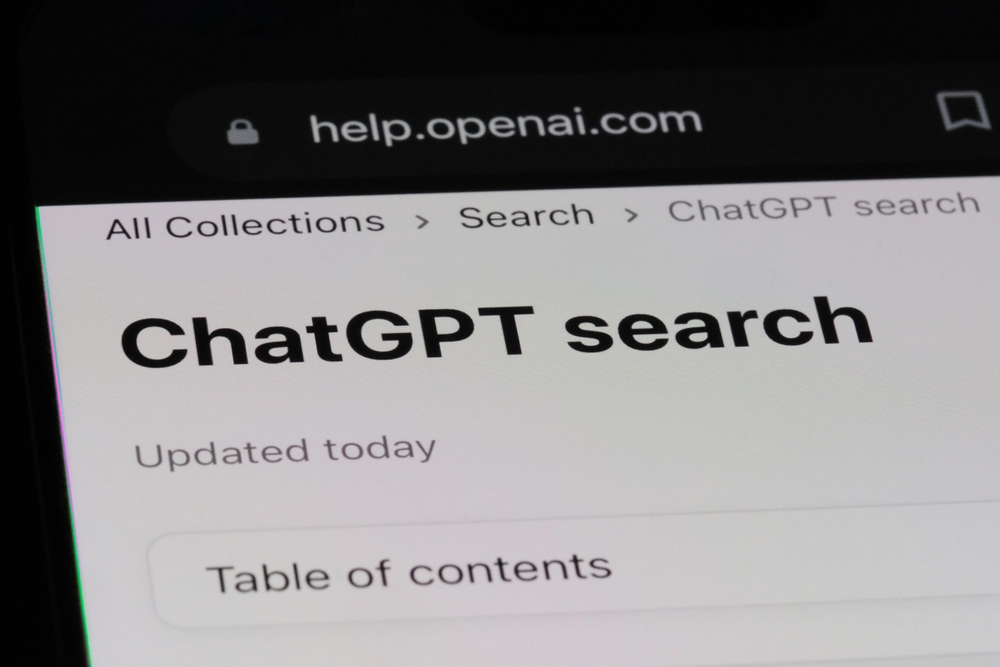OpenAI has announced the launch of its new web search feature, ChatGPT Search, making it available to all users for the first time. Previously restricted to paid subscribers, this feature is now accessible via both the web version and mobile apps of the ChatGPT service. The move positions OpenAI as a direct competitor to Google, the leader in the global search engine market.

With ChatGPT Search, users can receive quick and relevant answers alongside links to web sources. The process is simple: a query is entered as usual, and the chatbot determines whether to conduct a web search. If needed, users can click the “Search” button to trigger a search directly. Additionally, the chatbot can refine search queries or summarize results for a clearer understanding of the information.
How ChatGPT Search Changes User Experience
One notable aspect of ChatGPT Search is its flexibility. Users can set it as their default search engine, simplifying the search process. Instead of navigating through search result pages, users can ask the AI and receive concise, summarized answers. This convenience could make ChatGPT a serious competitor to Google, particularly for those seeking faster results without sifting through multiple websites.
OpenAI has also showcased new functionality beyond web search. For instance, users can now ask the chatbot location-specific questions—like “What to do in Zurich before Christmas?”—and receive verbal answers, enhancing the overall user experience.
OpenAI’s Continuous Innovations
The launch of ChatGPT Search comes amid OpenAI’s 12-day announcement marathon, adds NIXsolutions. Earlier, the company introduced a $200-per-month ChatGPT Pro subscription and unveiled Sora, a new AI tool for video creation. With the marathon still ongoing, more updates are expected, and we’ll keep you updated as more innovations roll out.
As OpenAI continues to expand its offerings, the search engine market could witness a significant shift. Whether ChatGPT Search can pose a serious challenge to Google remains to be seen, but the increasing reliance on AI-driven tools is undeniable.
